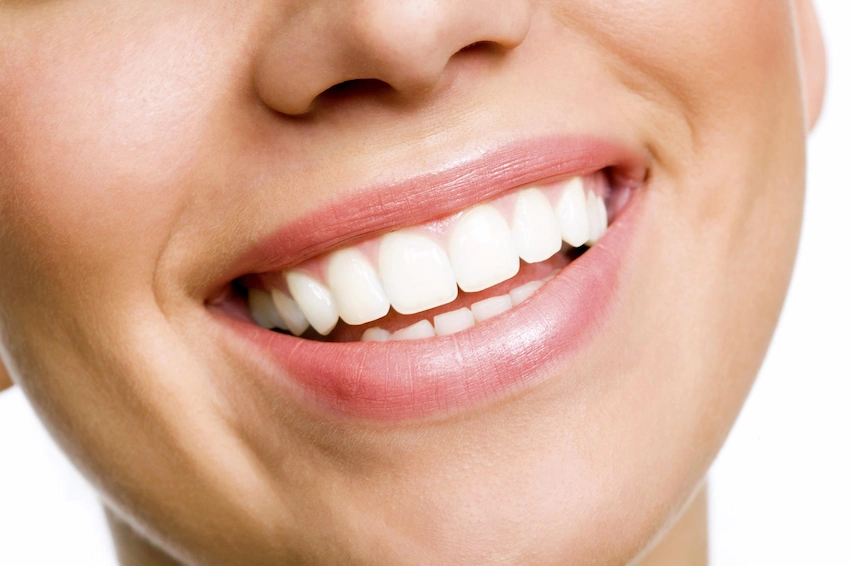🍍 How Acidic Is Pineapple for Teeth?

Pineapple, a tropical delight, is not only sweet, juicy but also full of vitamin C and bromelain, a natural enzyme that is effective in digestion. To be mentioned is the fact of its health benefits; however, pineapples are very acidic and hence the pH of its juice ranges from 3.2 to 4.0. Such natural sourness can corrode the enamel of the teeth and create sensitivity in the teeth if it becomes a habit of consuming such food without proper treatment. So here we go with why pineapples can damage your dental health and the safe way to eat it without any teeth damage.
On the other hand, they give a bit of zest to the food but are also really sour. On the other side, such marinades just get better from being consumed regularly without you necessarily noticing it. The sourness can simply be removed from the food at the time of serving, which keeps the marinade delicious.
In this blog, we will take apart the components present in acidic marinades, the effects they produce on your tooth enamel, and the methods of safeguarding your teeth so that you still relish the piquant tastes.
🔬 Why Is Pineapple Acidic?
In pineapple, citric acid and bromelain together account for its acidic nature and proteolytic action. The toxic effects are mainly due to overconsumption of bromelain, although it is beneficial to reduce inflammation. The pH of pineapple juice is more acidic than that of fresh pineapple and through both common and herbal means, it has a damaging effect on enamel. The common pH of orange juice varies from 3.3 to 4.2 and is below the point at which the erosion of the enamel begins. Orange juice, slices, and dried fruit, used in the form of various dishes, if consumed on a regular basis but in large amounts, can slowly disintegrate your teeth’s enamel without you noticing it, and not rinsing or neutralizing your mouth afterward will make the situation worse. Citric acid is an example of one; this acid is also present in other fruits. Lemon juice is generally considered one of the major food acids with a pH range of 2.2 to 2.4, which is the lowest. Fresh lemon juice, drank lemonade, and lemon salads are but a few examples but are definitely the ones that give plenty of wear on the enamel if frequently taken.
- Lemon juice or lime juice – Both have pH levels as low as 2.0–2.5.
- Vinegar – A lot of the time, citrus and vinegar are used together to enhance flavor.
- Garlic, mustard, or herbs – These types of foods might be acidified, but to a lesser level than others.
Proteins in food are efficiently digested by these acids; nevertheless, when they are exposed to the mouth, they can also erode teeth.
🦷 How Pineapple Affects Your Teeth
- Enamel Erosion – The action of acids on the surface of the teeth consumes away the enamel’s outer layer.
- Tooth Sensitivity – Enamel erosion can create discomfort when eating or drinking.
- Dry Mouth – Saliva production can decrease because of the acid and salt found in marinades.
- Increased Risk of Cavities – The acidic medium that teeth are exposed to by the acid enables the growth of cariogenic bacteria.
🍍 Tips to Minimize Damage from Pineapple
- Include marinated foods in regular meals.
- After the meal, take a glass of water to remove leftover food acids.
- Do not drink the remaining juices or sauces from acidic dishes.
- Wait for about 30 minutes before brushing to avoid damaging softened enamel.
- Consume cheese or leafy greens as well when eating dishes that are acidic to have a lesser impact.
Final Thoughts from Lema Dental Clinic
If you season your salad with orange juice and soy sauce, for example, you will manage to add some depth of flavor to it. Also, the sour taste will mark the food and will not do the same to your teeth if it is consumed in moderation. You can get all the rewards of citrus marinades and without any adverse effects on tooth enamel by just following a simple rule of using the acidic fruit in your diet in an appropriate way in combination with some other non-acidic foods.




